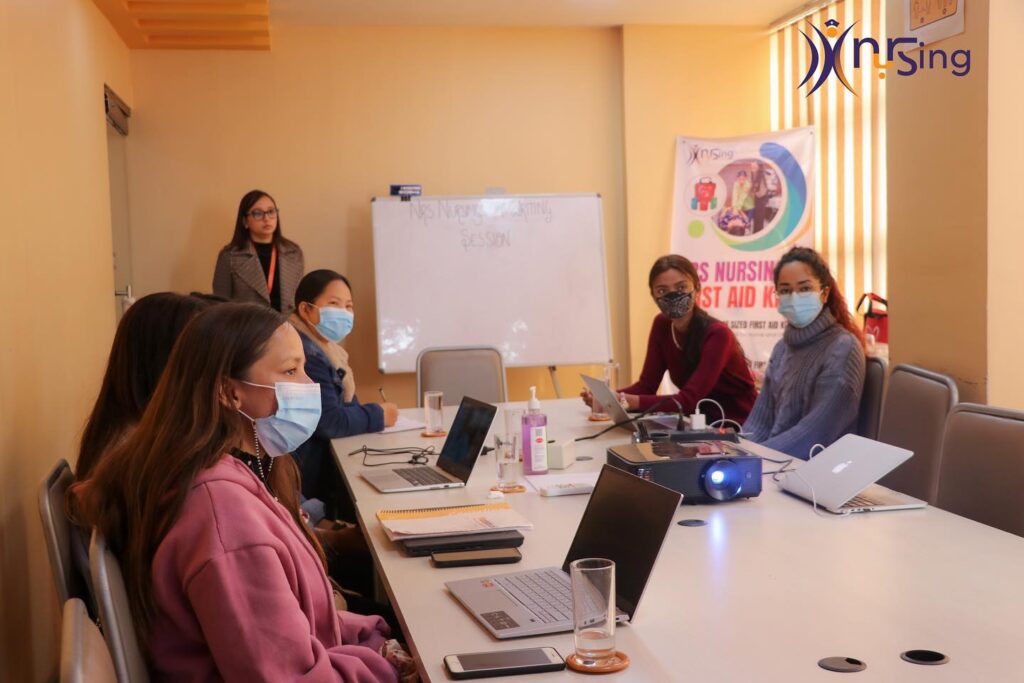
Soft skills are personal attributes that enable someone to interact effectively and harmoniously with other people. In the field of nursing, soft skills are important because they help nurses to provide high-quality patient care, communicate effectively with patients and colleagues, and work effectively as part of a healthcare team.
Some specific examples of why soft skill training is important for nurses include:
- Empathy and compassion: Nurses often work with patients who are experiencing physical and emotional distress. Being able to understand and relate to the feelings of others is essential for providing compassionate and caring patient care.
- Communication skills: Nurses need to be able to communicate effectively with patients, families, and other healthcare professionals. This includes being able to listen attentively, ask clarifying questions, and explain medical information in a way that is understandable to patients.
- Collaboration and teamwork: Nurses work as part of a healthcare team, and it is important that they are able to work effectively with others to coordinate patient care and achieve the best outcomes for their patients.
- Time management and organization: Nurses often have a lot of tasks to complete in a short amount of time, so it is important that they are able to manage their time and prioritize their tasks effectively.
- Conflict resolution: Nurses may encounter conflicts or difficult situations with patients or colleagues. Being able to handle these situations in a professional and respectful manner is essential for maintaining a positive work environment and providing the best possible care to patients.
Overall, soft skills are important for nurses because they enable them to provide high-quality patient care, communicate effectively with others, and work effectively as part of a healthcare team.
